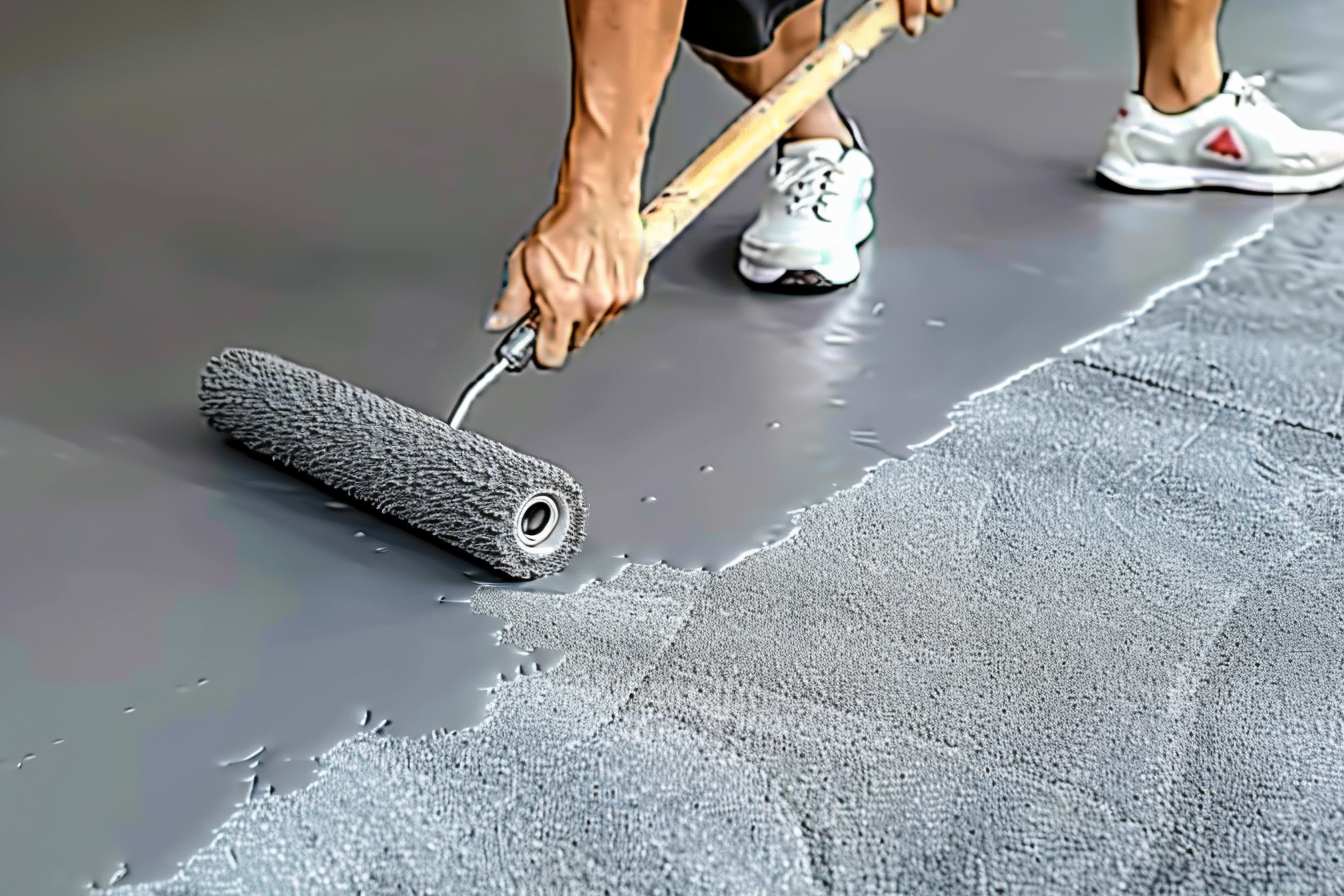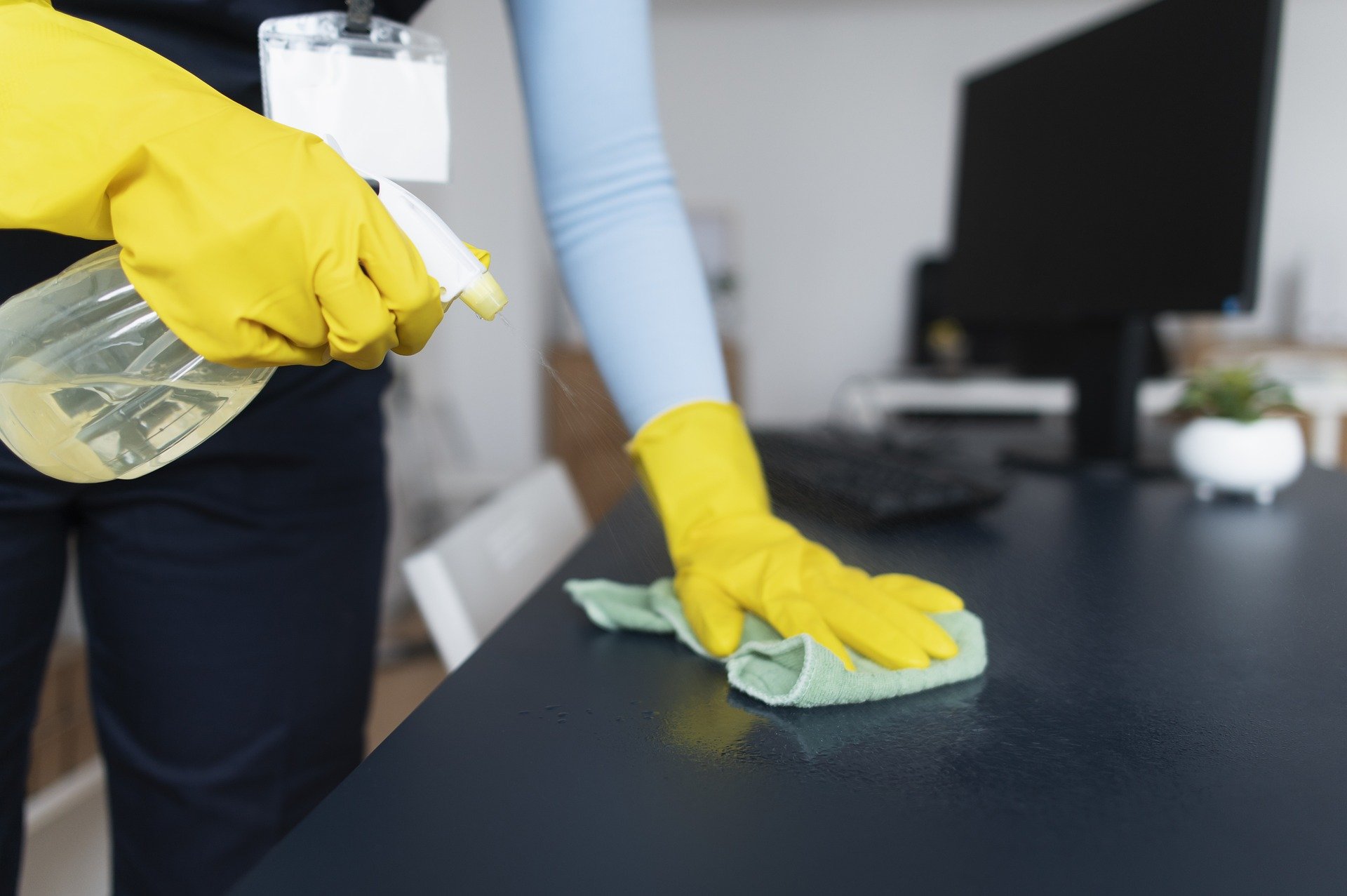The Complete Guide to Garage Floor Coatings: Types, Costs, and Benefits
Transforming your garage floor from a bare concrete surface into a durable, attractive workspace can significantly enhance your home's functionality and value. Garage floor coatings provide protection against oil stains, chemical spills, moisture damage, and daily wear while creating a professional appearance that makes cleaning effortless. With various coating options available, understanding the differences between materials, application processes, and long-term benefits helps homeowners make informed decisions that suit their specific needs and budget requirements.

Garage floors endure constant wear from vehicles, foot traffic, spills, and temperature fluctuations. Without proper protection, concrete floors can crack, stain, and deteriorate over time. Applying a specialized coating not only enhances the aesthetic appeal of your garage but also extends the lifespan of the concrete surface. From epoxy to polyurethane, acrylic to polyaspartic, each coating type offers distinct advantages tailored to different needs and budgets.
Epoxy Coatings for Garage Floors
Epoxy coatings have become one of the most popular choices for garage floors due to their exceptional durability and chemical resistance. These coatings consist of a resin and hardener that chemically bond to create a rigid, protective layer. Epoxy coatings are highly resistant to oil, gasoline, and other automotive fluids, making them ideal for garages where spills are common. They also provide a glossy finish that brightens the space and makes cleaning easier. Installation typically requires thorough surface preparation, including grinding or acid etching, to ensure proper adhesion. Epoxy coatings generally take several days to fully cure, but the result is a long-lasting surface that can withstand heavy use for years.
Polyurethane Coatings: A Flexible Choice
Polyurethane coatings offer greater flexibility compared to epoxy, making them more resistant to scratches and abrasions. This flexibility allows the coating to expand and contract with temperature changes, reducing the risk of cracking or peeling. Polyurethane coatings are often applied as a topcoat over epoxy to combine the hardness of epoxy with the flexibility and UV resistance of polyurethane. This combination provides enhanced protection against yellowing from sunlight exposure, which can be a concern in garages with windows or open doors. While polyurethane coatings tend to be more expensive than epoxy alone, they deliver superior performance in high-traffic areas and environments with significant temperature variations.
Acrylic Coatings: Cost-Effective and Versatile
Acrylic coatings present a budget-friendly option for homeowners seeking basic protection without the higher costs associated with epoxy or polyurethane. These water-based coatings are easier to apply and require less intensive surface preparation, making them suitable for DIY projects. Acrylic coatings dry quickly and emit fewer fumes during application, creating a more user-friendly installation experience. However, they typically offer less durability and chemical resistance compared to epoxy or polyurethane options. Acrylic coatings work well for light-duty garages or spaces where aesthetics and basic protection are priorities, but they may require more frequent reapplication in high-traffic or heavy-use environments.
Polyaspartic Coatings: Fast and Durable
Polyaspartic coatings represent a newer technology that combines the best features of epoxy and polyurethane while offering significantly faster curing times. These coatings can be applied and fully cured within a single day, allowing for quick turnaround and minimal disruption. Polyaspartic coatings provide excellent UV resistance, flexibility, and chemical resistance, making them suitable for both indoor and outdoor applications. They maintain their color and gloss over time, even in direct sunlight. The rapid curing process requires professional installation, as the short working time demands experienced application techniques. While polyaspartic coatings are among the most expensive options, their durability and fast installation make them an attractive choice for those seeking premium performance.
Cost Comparison of Garage Floor Coatings
Understanding the cost differences between coating types helps in planning your garage renovation budget. Prices vary based on product quality, garage size, surface condition, and whether you choose professional installation or DIY application.
| Coating Type | Average Cost per Square Foot | Typical Lifespan | Key Advantages |
|---|---|---|---|
| Epoxy | $3 to $12 | 5 to 10 years | High durability, chemical resistance, glossy finish |
| Polyurethane | $5 to $15 | 10 to 15 years | Flexibility, UV resistance, scratch resistance |
| Acrylic | $1 to $5 | 2 to 5 years | Low cost, easy application, quick drying |
| Polyaspartic | $7 to $20 | 15 to 20 years | Fast curing, superior durability, UV stable |
Prices, rates, or cost estimates mentioned in this article are based on the latest available information but may change over time. Independent research is advised before making financial decisions.
Installation and Maintenance Considerations
Proper installation is critical to achieving optimal performance from any garage floor coating. Surface preparation involves cleaning, repairing cracks, and creating a profile that allows the coating to bond effectively. Professional installers typically use diamond grinding equipment to prepare the surface, while DIY enthusiasts may rely on acid etching or mechanical abrasion. Temperature and humidity conditions during application significantly affect curing and adhesion, so timing the project appropriately is essential. Maintenance requirements vary by coating type, but generally involve regular sweeping, occasional mopping with mild detergents, and prompt cleanup of spills. Avoiding harsh chemicals and using protective mats under heavy equipment can extend the life of your coating. Periodic inspections help identify areas that may need touch-ups or recoating before minor issues become major problems.
Choosing the Right Coating for Your Needs
Selecting the appropriate garage floor coating depends on several factors, including budget, intended use, climate conditions, and aesthetic preferences. Homeowners with standard residential garages and moderate budgets often find epoxy coatings provide the best balance of performance and cost. Those in areas with extreme temperature fluctuations or high UV exposure may benefit from polyurethane or polyaspartic options. DIY enthusiasts working with limited budgets might start with acrylic coatings, understanding they may need more frequent reapplication. Commercial garages or workshops with heavy equipment and chemical exposure typically justify the investment in polyaspartic or epoxy-polyurethane systems for maximum durability. Consulting with local service providers can provide insights into which coatings perform best in your specific climate and usage conditions, ensuring you make an informed decision that meets your long-term needs.




